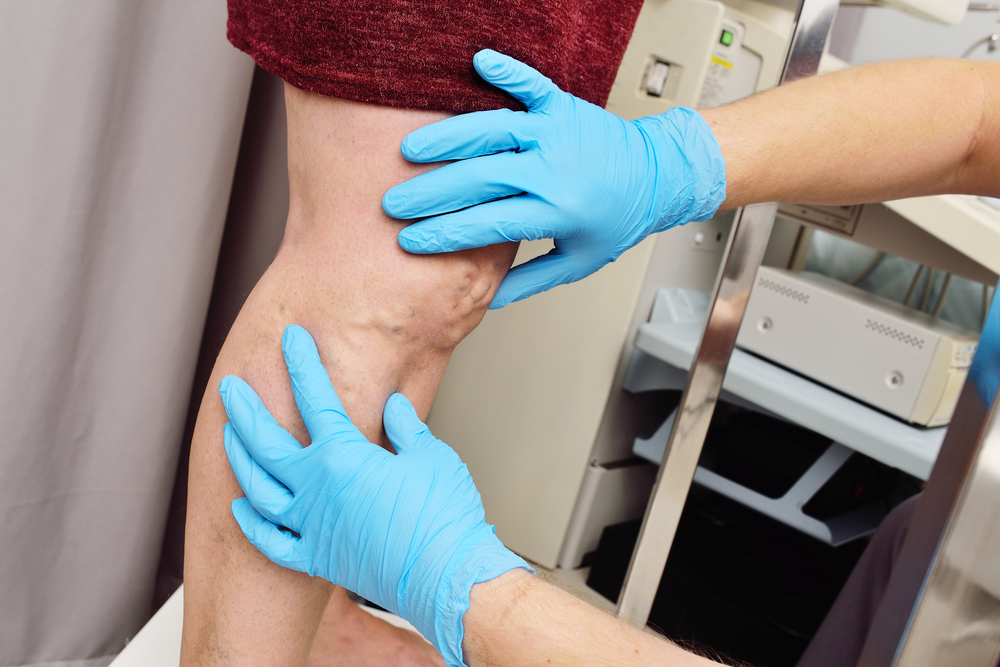
What is a Varicose Ulcer?
A varicose ulcer, also known as a venous ulcer or stasis ulcer, is a wound that develops on the skin, typically in the lower legs or ankles, as a result of poor blood circulation due to venous insufficiency. Varicose ulcers often occur in individuals with varicose veins or other underlying venous conditions.
Causes of Varicose Ulcers
Varicose ulcers develop when veins in the legs are unable to return blood to the heart efficiently, leading to pooling of blood in the veins and increased pressure in the surrounding tissues. Factors that contribute to the development of varicose ulcers include:
- Varicose veins
- Deep vein thrombosis (DVT)
- Chronic venous insufficiency
- Obesity
- Immobility or prolonged standing
- Previous leg injury or surgery
Symptoms of Varicose Ulcers
Varicose ulcers typically present with the following symptoms:
- Open wound or sore on the skin, usually near the ankle
- Pain or discomfort in the affected area
- Swelling, redness, or inflammation around the ulcer
- Drainage or oozing of fluid from the wound
- Delayed wound healing
Treatment of Varicose Ulcers
Treatment of varicose ulcers aims to promote wound healing, relieve symptoms, and prevent recurrence. Treatment options may include:
- Compression therapy: Wearing compression stockings or bandages to improve blood flow and reduce swelling
- Wound care: Cleaning the ulcer, applying dressings, and managing infection as needed
- Leg elevation: Elevating the affected leg to reduce swelling and improve circulation
- Topical medications: Applying creams or ointments to promote wound healing and relieve discomfort
- Minimally invasive procedures: Such as sclerotherapy or endovenous ablation to treat underlying venous insufficiency
Prevention of Varicose Ulcers
Preventive measures for varicose ulcers include:
- Maintaining a healthy weight and regular exercise to promote circulation
- Avoiding prolonged sitting or standing
- Elevating the legs periodically throughout the day
- Wearing compression stockings if at risk for venous insufficiency
- Seeking prompt treatment for varicose veins or other venous conditions
Why Choose VMG Hospital for Varicose Ulcer Treatment?
At VMG Hospital, we specialize in the diagnosis and treatment of venous disorders, including varicose ulcers. Our team of vascular surgeons, wound care specialists, and vascular technicians is dedicated to providing comprehensive care for patients with varicose ulcers, with a focus on promoting wound healing, relieving symptoms, and preventing recurrence. We offer state-of-the-art facilities, advanced diagnostic techniques, and innovative treatment modalities to ensure the highest quality of care for our